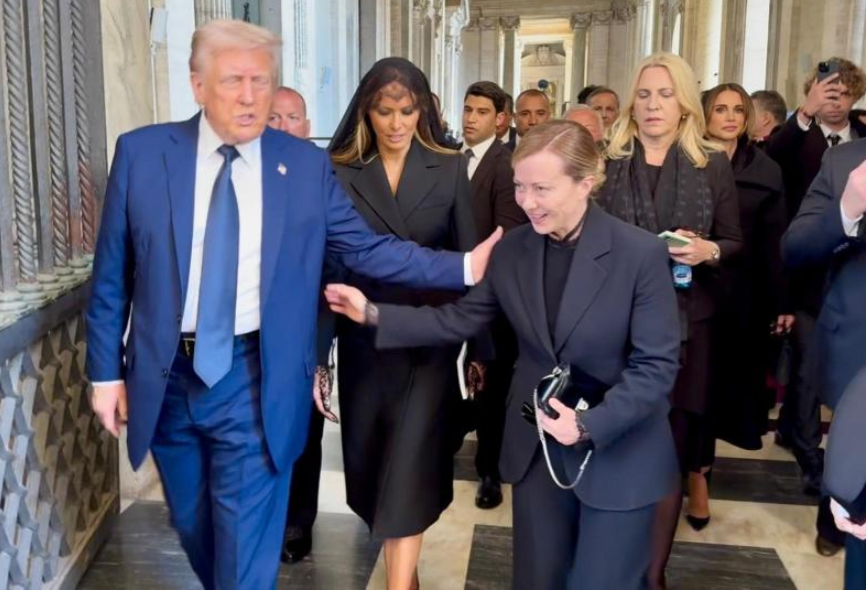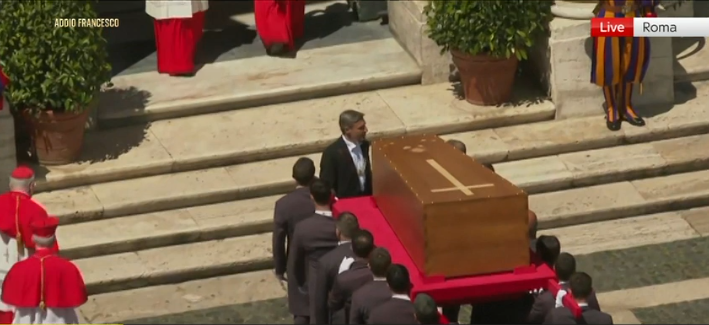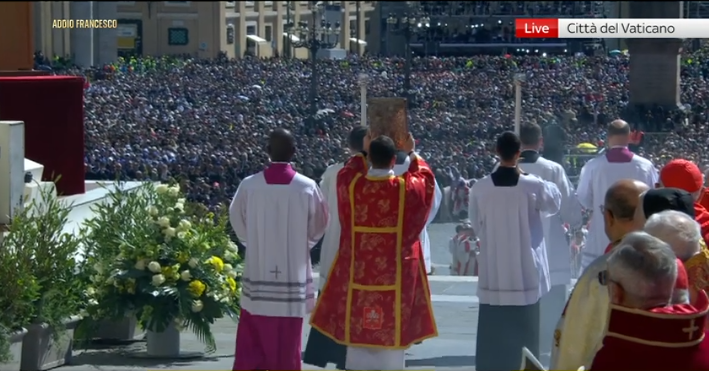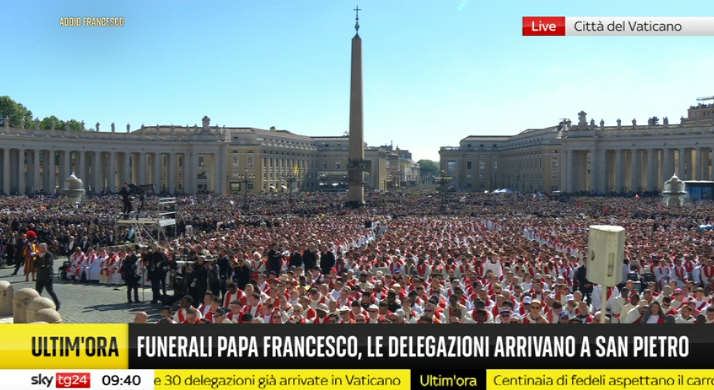[ad_1]
LONDON (Reuters) – Britain should leave open the option of being in a UK-wide customs union with the European Union after Brexit and aim to keep the benefits of the bloc’s single market, the opposition Labour Party said on Wednesday.
Labour leads the governing Conservative Party in the polls and earlier this year it shifted policy to aim for what some have called a softer Brexit. This would offer Britain, a country deeply divided over Europe, the option of leaving the EU while retaining tariff-free access to the bloc’s market.
Labour’s Brexit policy chief Keir Starmer said that if his party were in government it would start talks with the EU in “a fundamentally different place”.
“We have said that remaining in a UK-wide customs union with the EU is a viable option, subject to negotiations,” he wrote in the Guardian newspaper, suggesting that if the Conservative government had done so, it would have avoided a row over the border with EU member Ireland that has stalled the talks.
He told the BBC: “Our position is in the customs unions and single market in the transition period and leave the options on the table for after the transition period.”
Labour has said it would press for remaining in the single market for a transition period to smooth Britain’s departure in March 2019, and then would aim for a customs union, rather an the existing customs union, that would help the party secure what it calls “a jobs-first Brexit”.
After Britain voted to leave the European Union last year, divisions over what Brexit will look like have split both parties and the country, revealing deep differences between the south and more industrial north of England, between young and old, and between urban voters and those in rural areas.
Labour and the Conservatives have both struggled to keep their parties together on Brexit strategy, but by aiming for what some call a “softer” departure, the leftist party hopes to offer a catch-all option to voters across the divide.
While Labour says its policy offers flexibility, May’s government counters that staying in the customs union, which imposes tariffs on trade with external countries while allowing tariff-free movement of goods, would betray the Brexit vote and stop Britain from agreeing trade deals with other countries.
For Labour, the only difficulty would be that while wanting to have the closest possible relationship with the EU’s market and take on many of its regulations, it would also want to change some of the rules, such as state aid restrictions.
They might not fit with Labour’s commitment to nationalising Britain’s railways – an argument some in his own party have challenged as being “absurd myths”.
“They are aspects which we’ve talked about in relation to rules that are considered part of the single market including state aid restrictions, procurement restrictions and state procurement, enforced liberalisation and privatisation that we would want to see changed,” a Labour spokesman said.
Reporting by Costas Pitas; Editing by Guy Faulconbridge and Matthew Mpoke Bigg
[ad_2]
Source link






Leave a Reply